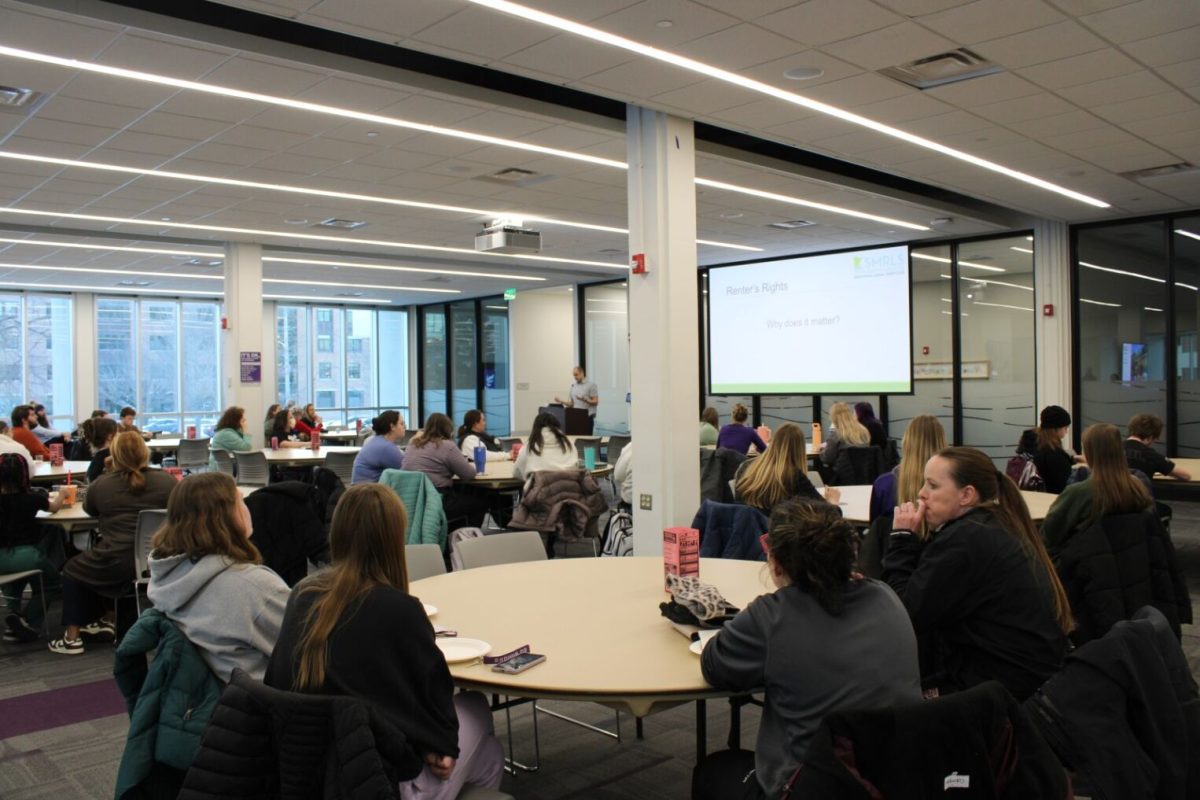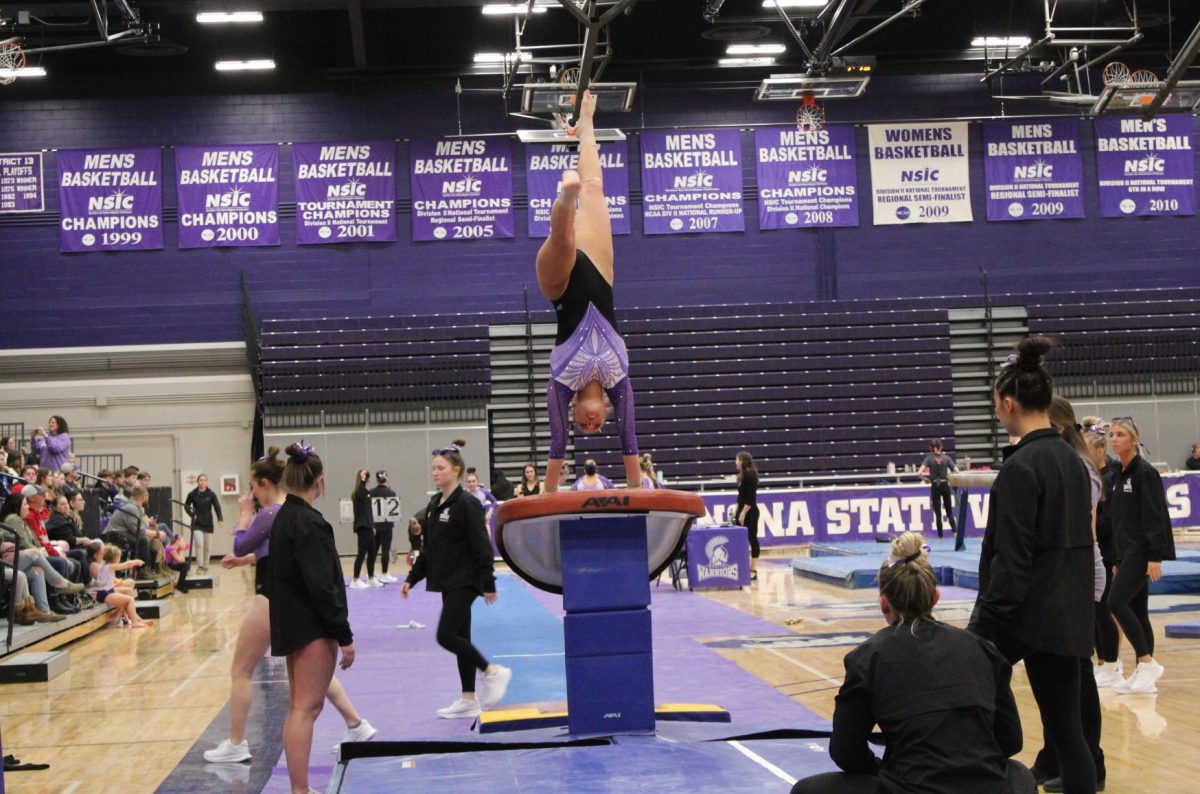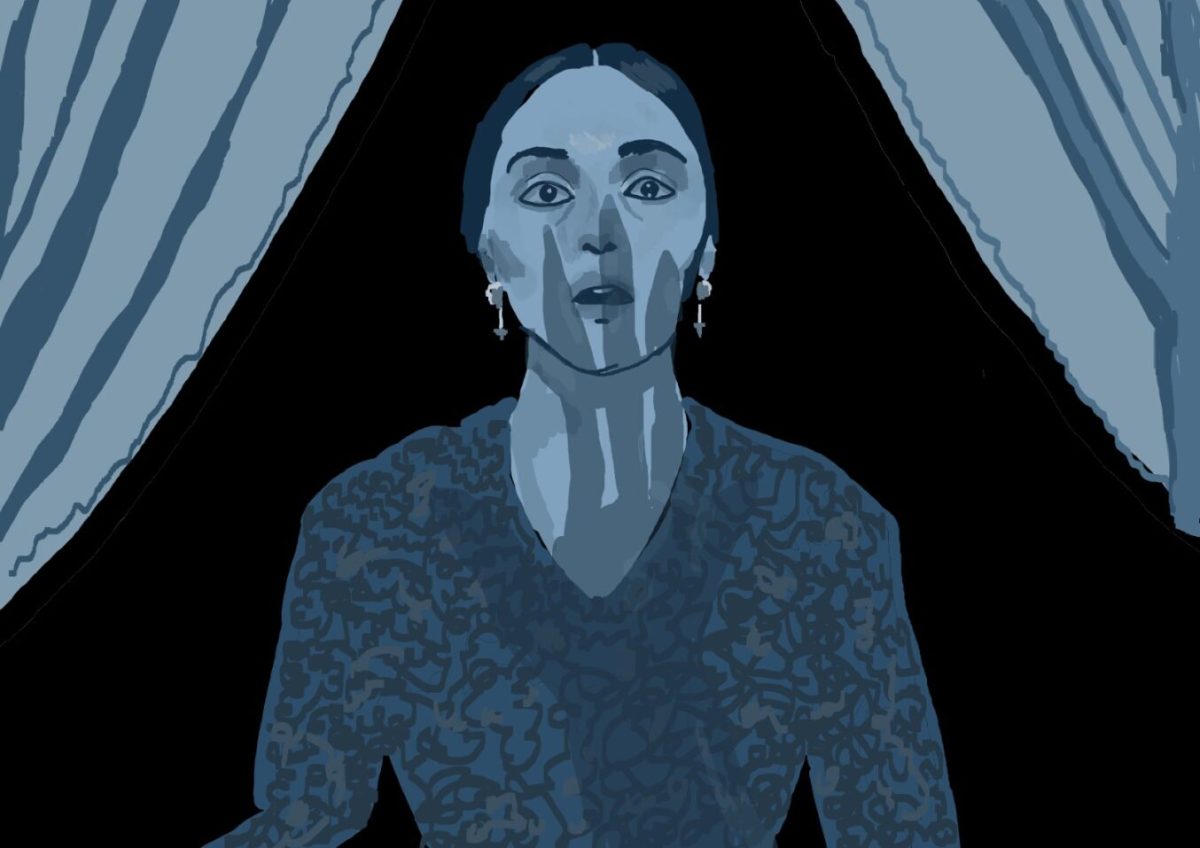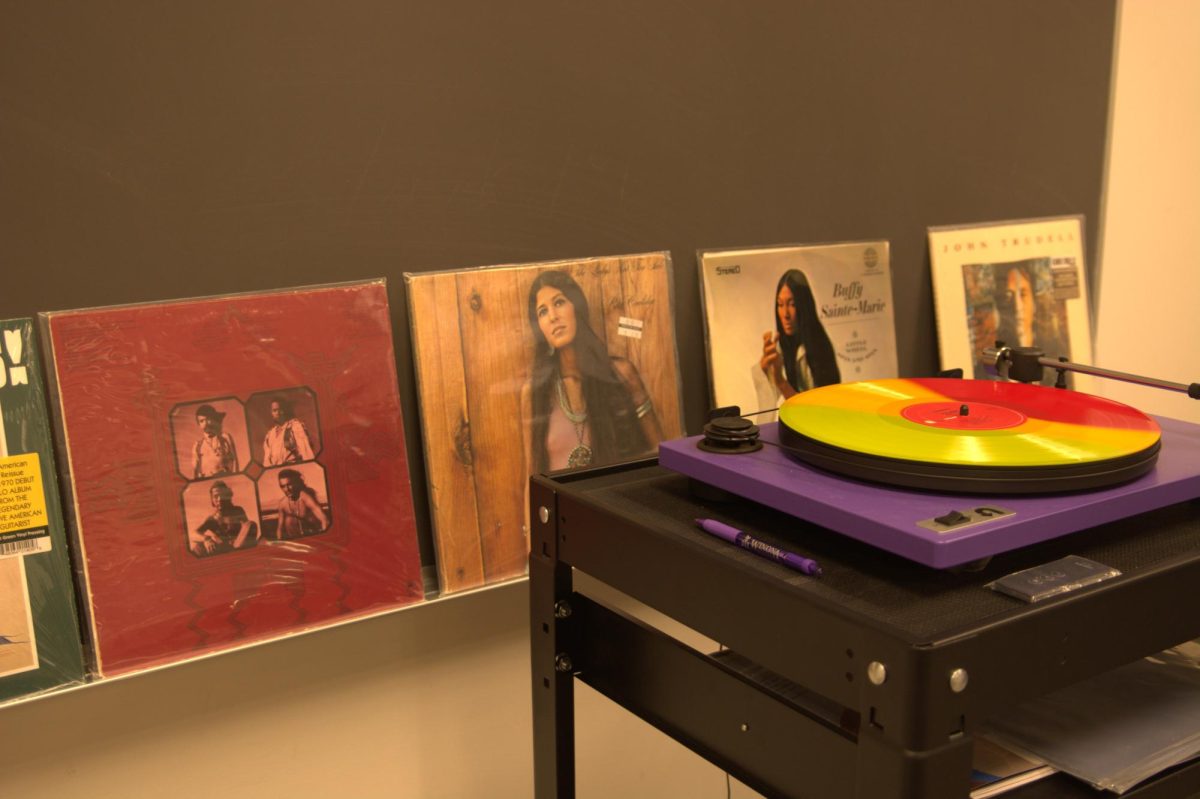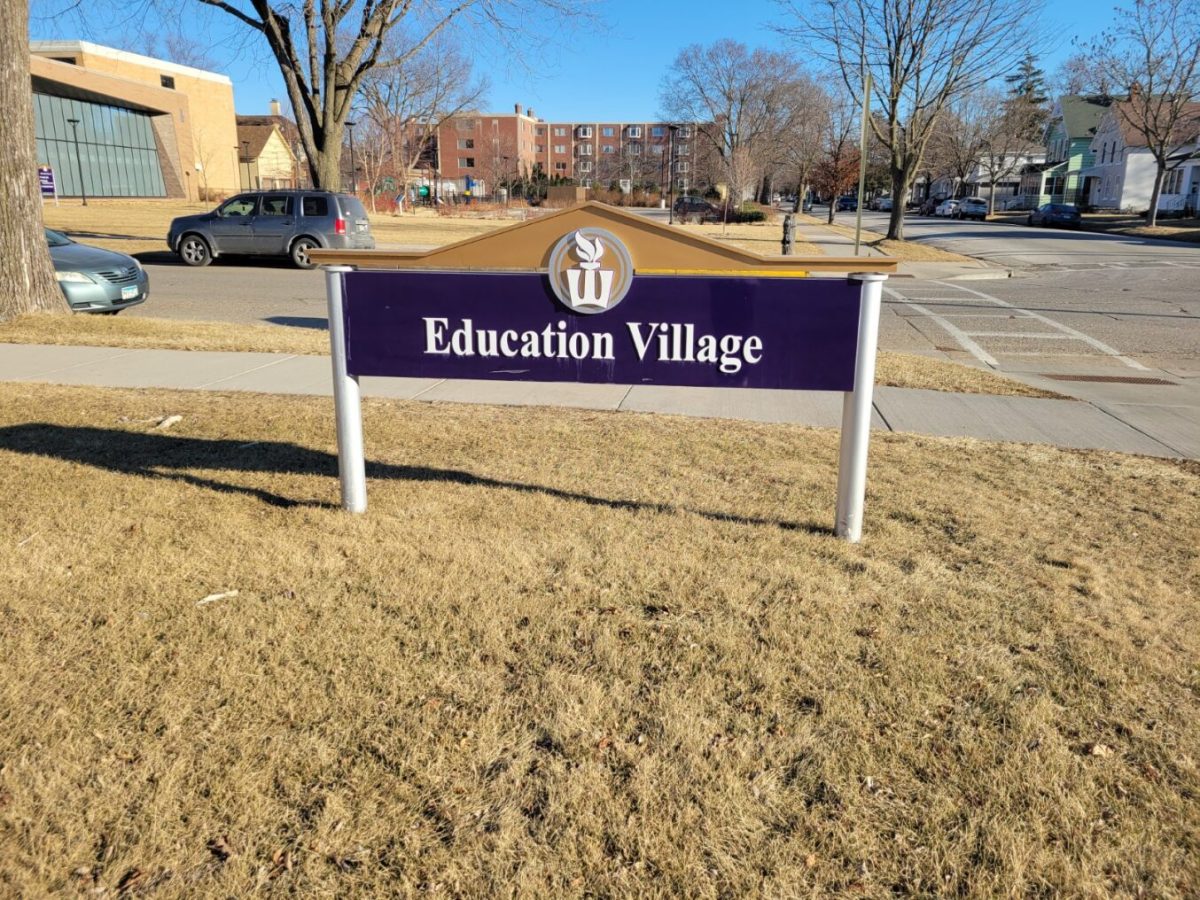Monday, Oct. 9 is just a normal day for many people. They got up, went to class, and put to the very back of their minds that it was Indigenous Peoples Day in favor of going about their days. However, one professor ensured that at least one of his classes could not ignore such an important day at hand.
This Indigenous People’s Day, Dr. Matthew Lindaman, a professor of history here at WSU held a “solo” lesson about how Indigenous people’s music has affected America. This solo lesson was a part of the class Sophomore Seminar: Roots, Rock, and Rebels and the lesson was put together by Lindaman to recognize Indigenous People’s day.
“With Indigenous Peoples Day falling on one of the class sessions, it was a great opportunity to draw attention to the musical contributions and current musicians from an indigenous perspective,” Lindaman said.
This special lesson for Indigenous People’s Day was meant to help people understand the true importance that comes with Indigenous People’s Day. There are many things that people in America tend to ignore regarding Indigenous people; many of those ignored topics were discussed in this lesson to help people understand the true magnitude of effect Americans have had on Indigenous people.
Brennica Hillerud, a first-year History Education major in the Sophomore Seminar: Roots, Rock, and Rebels class, found this lesson to be helpful to her education on these topics.
“We focused on their effect on music in America, and how music was used by Indigenous Peoples to express their beliefs and call for change in the treatment of Native Americans,” Hillerud said. “Learning about this provided examples of how Native Americans are still treated differently to this day, which is why Indigenous Peoples Day is so important.”
Indigenous People’s Day is a perfect time for people to reflect and recognize the rich history that comes from Indigenous people. Not only their rich history, but also how music specifically communicated their communities and reflects on their history.
Lindaman found that there are three components to consider when thinking about the importance and impact of Indigenous People’s Day.
“First, the day is meant to recognize the painful history Indigenous people have faced,” Lindaman said. “Directly related to this, it can represent a day of protest and resistance. At the same time, it can be a celebration of their communities, both past and present. These elements can be found in the music.”
This solo lesson Lindaman put together was specifically meant
to highlight the stories of Indigenous people involved with music. It also displayed how music affects their personal communities and the country. The music many Indigenous people produce talks of hard topics, specifically, many talk about the heinous act America has committed against Indigenous communities. Whether they do it through recounting person stories, or through showing their tribes history, it is an important part of Indigenous people’s music, as well as Indigenous Peoples Day.
“I think too many people try to ignore the atrocities that the US committed against indigenous populations, rather than accept that it’s part of our history,” Hillerud said. “Now, it’s important that we learn about and respect indigenous cultures, traditions, heritage, diversity, and history.”
Every year the United States moves further past the use of Columbus Day and focuses on Indigenous People’s Day. Though, a large part of Indigenous People’s Day needs to be recognizing the past and present issues in society against Indigenous people; but it also needs to be about celebrat- ing the important things that have come from Indigenous People’s communities.


